Partners
The Philippe & Maria Halphen Foundation is under the auspices of Académie des sciences.

The Philippe & Maria Halphen Foundation is pleased and proud to have the following internationally acclaimed institutions as partners:
My hope for the Philippe and Maria Halphen Foundation is to extend the present success of the Foundation to become nationally and internationally well known. The Foundation’s aim is to decrease the burden of neuro-psychiatric disorders, which represent the most disabling, distressful and expensive burden in terms of public health.
I have accepted a role on the board of the Foundation, as the objectives of the Foundation are noble and supported by well-known and robust scientific institutions. There is no need to say that the Foundation will develop given the enthusiasm and energy of Mrs Maria Halphen
Prof. Yves Agid
ICM – Institut du Cerveau et de la Moelle épinière (Brain and Spine Institute)
Hôpital Pitié-Salpêtrière
Partners
BMRI – Brain & Mind Research Institute
Sydney, Australia
The Brain & Mind Research Institute (BMRI) was founded in 2003 within the University of Sydney.
The BMRI is devoted to the investigation and treatment of diseases of the brain and mind. It provides clinical services to children, adolescents and adults and accommodates, on the same site, basic neurosciences and translational research. The purpose of the BMRI is to provide a hub of clinical and technical expertise, attracting new overseas research professors to facilitate major developments in neuroscience, both on campus and in the University’s teaching hospitals.
The Brain & Mind Research Institute is a unique concept in which fundamental research and clinical excellence are combined. The Mental Health Clinical and Translational Research programs are headed by a range of researchers delivering clinical service programs in the key areas of psychiatry, neurology and population mental health. They work in a collaborative care model. The environment fosters a continuous development of ideas and research involvement including clinical trials, multi-site projects and e-health initiatives.
ICM – Institut du Cerveau et de la Moelle épinière (Brain and Spine Institute)
Paris, France
The Brain and Spine Institute (ICM) is a significant and innovative international research centre.
The ICM focuses on 5 principal areas of research:
- Area 1: Neurodegenerative and age-related diseases
- Area 2: Developmental diseases, glia disorders and repair
- Area 3: Neuronal excitability, nervous transmission and associated diseases including epilepsy.
- Area 4: Cognition, emotion, action
- Area 5: Head and spinal cord injuries, neuro-plasticity
The Philippe & Maria Halphen Foundation is very proud to have the support of Professor Yves Agid of the ICM.
The key words for the success in the future will be: ‘anticipation, flexibility, ambition’.
Neuflize Vie

Technion – Israel Institute of Technology
Haifa, Israel
Founded in 1912, the Technion is the oldest university in Israel. In close collaboration with industry, the Technion’s mission is to advance knowledge, ensure its transmission and promote the most advanced technology for the benefit of the State of Israel.
For over 100 years the Technion has been providing comprehensive and academically excellent training for students in science and technology. Drawing on its 18 faculties and 52 separate institutes devoted to interdisciplinary research, particularly in the field of medicine and biotechnology, the Technion is at the forefront of global innovation..
In 2004, two Professors of the Faculty of Medicine ‘ Rappaport ‘ Aaron Ciechanover and Hershko Avraam won the Nobel Prize in Chemistry for the discovery of Ubiquitin. In 2011, Professor Dan Shechtman of the Faculty of Materials won the Nobel Prize in Chemistry for the discovery of non-periodic quasi-crystals.
Weizmann Institute of Science
Rehovot, Israel
Founded in 1949, the Weizmann Institute of Science is one of the world’s leading multidisciplinary research institutions.
The Department of Neurobiology has 18 research groups studying different levels of brain function, design, and pathologies. These studies rely on multi-disciplinary, cutting-edge methodologies, including molecular biology and genetics, electrophysiology in vitro and in vivo, functional imaging and psychophysics, computational modelling and theory.
The Department has over 100 graduate students and post-docs from a wide range of disciplines including, but not limited to, biology, computer science, physics, mathematics, chemistry, medicine, psychology, and engineering. These scientists are engaged in highly integrative and interdisciplinary research in a stimulating intellectual atmosphere. They have at their disposal research facilities that are among the most advanced available. The Department works closely and cooperatively with other top research institutions across the globe.



